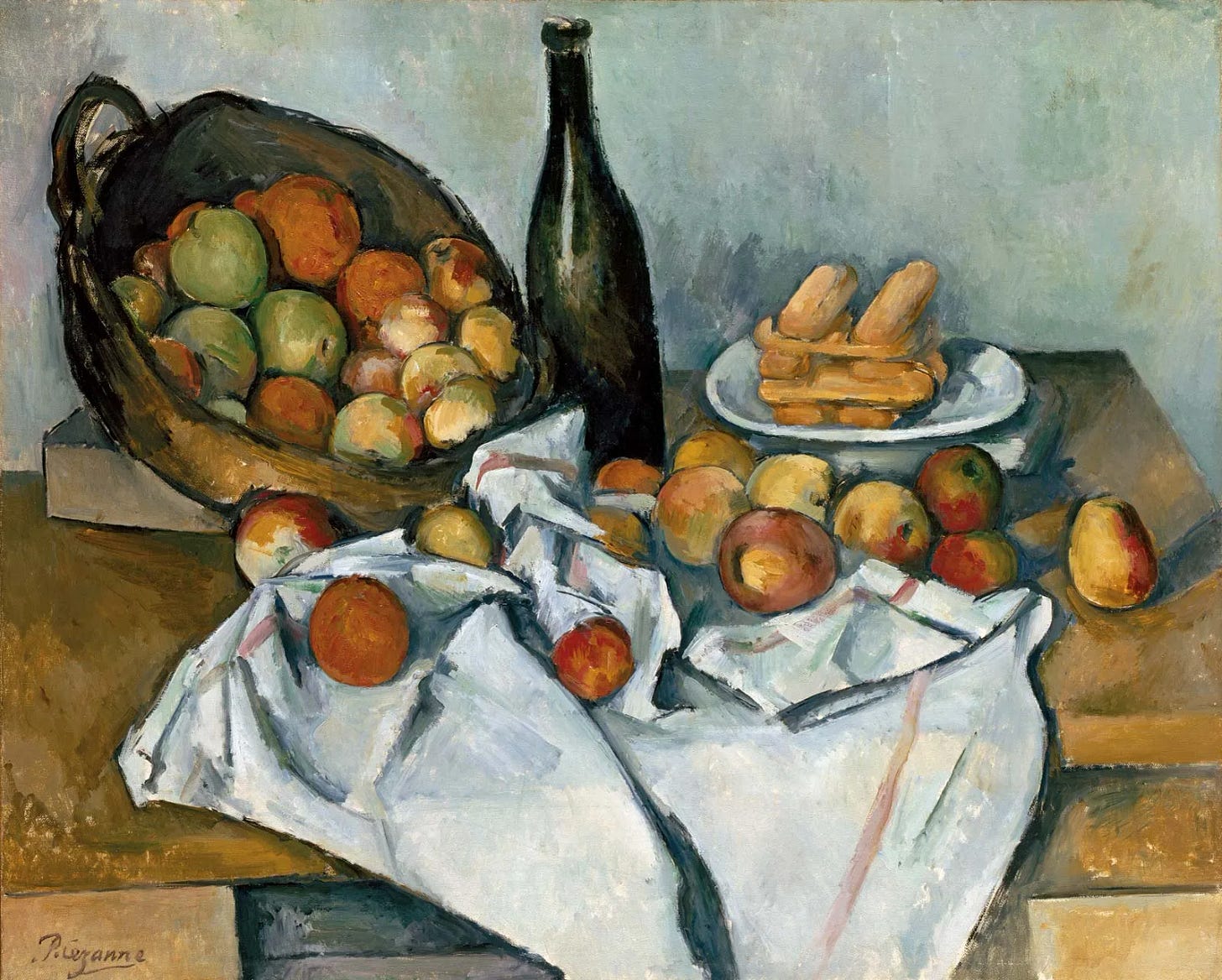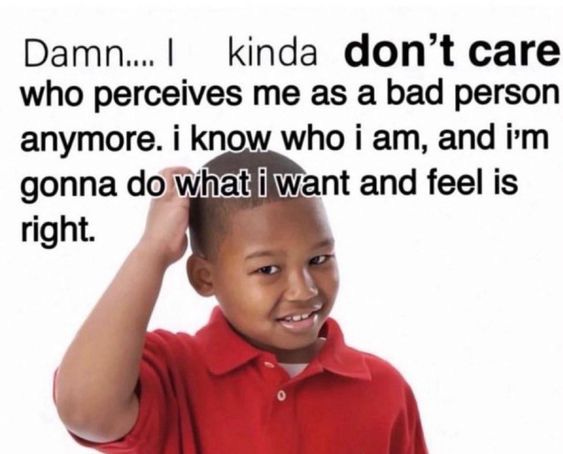At what point, do we stop looking for someone to understand us? I thought about this question when rewatching romcoms and childhood fairytale films on a warm night. Each one was different but the overall message stayed the same for every single one: find your true love! find the one who understands you! you deserve to be seen and understood!
Since we were children, we’ve been conditioned to chase after the promise of perfect understanding. It is there in every Disney movie, in every story we were told before bed. Sleeping Beauty’s love waited faithfully; Cinderella’s prince found her slipper; Belle found a heart beneath the beast’s snarling facade. We grow up carrying this idea, sometimes quietly and sometimes fiercely, that to be truly happy, we must find someone who can see us fully, someone who can read every line on the map of our soul. However, even if I write my story across the tainted, blue skyline and spill my deep secrets into sugar, that does not mean everyone will understand my story.
This idea has been haunting me in my mind since I began this newsletter. I thought if I laid out my stories, and threaded my words carefully enough, I could clear any misunderstandings that might obscure who I really am. But in the act of writing, I began to sense something shifting within me. Writing has a way of stripping away the pretence of communication, paring it down to its barest elements. Words are strange creatures; they betray as much as they reveal, slipping and skittering around meaning like leaves in the wind. No matter how honest or raw I will be, something inevitably remains unseen. This is not just an anomaly of language but a fundamental truth of human experience—we are all mysteries to each other, unknown to some degree.
I often think about the stories we construct around love and connection, those endlessly looping tales that insist that real love, real friendship means complete understanding. Who among us really knows the other? We speak of soulmates, but even the truest relationships have their silences, their hidden pockets of solitude. As adults, some start to slip out from under the weight of this desire to be fully seen. The more we seek to understand ourselves, the more we realise how complicated we truly are, how unsolvable. The desire to be understood, once so intense, starts to mellow and fade until we’re left wondering why we clung to it so tightly in the first place.
Sometimes I wonder if the stories we tell about love do more harm than good, if they don’t set us up for disappointment, for a kind of frustrated yearning that gnaws at the edges of our relationships. We chase an ideal of perfect understanding that may not even exist, pushing away those who offer us partial connection as if it were somehow insufficient. What if we allowed ourselves to accept the beauty of half-understanding? What if, instead of constantly searching for someone who will know us completely, we learned to appreciate the ways we are known—and unknown—by those we care about? I will write my story across the skyline, and spill my truths into sugar, but I will not force people to understand. What if we stopped explaining ourselves to the world? What if, rather than reaching out to be understood, we let ourselves exist, unmoved by the perceptions of others? Who cares what they think of you, just be.
The truth is, there is a point at which we realise that desperately seeking others to understand you is just a softer, more palatable form of seeking approval. When I peel back the layers of my own need to be seen, I often find a buried, quiet fear—the fear of being misjudged, mischaracterised, or dismissed. I also wonder if this fear, like so many fears, is the one we can teach ourselves to live with. The irony is that, for all our desire to be known, we’re often the ones who know ourselves best. I have come to know who I am, to recognise my own intentions and motives, and my capacity for compassion and detachment. What, then, does it matter if others misunderstand me?
Maybe it is the onset of adulthood, the weary pragmatism that has started to seep in, but I find myself caring less and less about who perceives me as “good” or “bad.” Right or wrong, good or bad, worthy or unworthy—these are categories designed by others, arbitrary in a sense, and always shifting depending on who is looking. At a certain point, we realise that no one but ourselves can determine the validity of who we are. We realise that the way others interpret us is often more reflective of them than of us. So, I’ve stopped looking, or at least, I’m trying to. I’m letting go of the desire to be neatly encapsulated, to be someone whose worth and intentions can be universally understood. Instead, I’m embracing the parts of me that are difficult, the parts that will inevitably be misunderstood or rejected by others. There’s a power in standing firm, in letting the world feel the weight of who we are, knowing that not everyone will have the strength or desire to carry it. Some people will turn away; some will reduce us to pieces of ourselves. It is all right. Instead of finding someone who understands us, we can find peace in the knowledge that we may never be fully seen.
This shift does not happen all at once. It is slow, like the peeling of old wallpaper, layer by layer revealing some weathered, and hardened truth beneath. We stop seeking to be understood in fits and starts, in the quiet moments when we realise that our efforts to explain ourselves had led us nowhere, that our words have landed flat or gone unheard. We stop when we recognise that our true identity, soul and core lies in something deeper, more unshakable, than anyone else’s warped comprehension. Clarity is a fragile thing, prone to shattering the moment it meets the chaotic interpretations of others. Even if I filled this newsletter with everything that I am, spilled every secret and fear, every wish and desire, there would still be those who would read it wrong, who would turn my story into something else. And at some point, I’ve asked myself—Does it even matter? People will see what they want to see.
We’ve reached a point when the only understanding that matters is our own. I keep this newsletter and space for myself, writing not to be understood per se, but to remind myself of who I am. I know the contours of my own heart, the light and dark that dance through my thoughts. This is enough. In a world that demands explanation, that insists on the currency of transparency, true strength lies in keeping parts of ourselves veiled and untouched. As long as you understand yourself, it is okay.
“Let the world feel the weight of who you are and let them deal with it.” — John Eldredge







Here's another variable to consider. I'm not quite sure what to make of it.
Very often people look at writing without trying to 'understand' what the author is saying in relation to *her* life whatsoever. Instead, they attempt to use it as a tool for their own self understanding. They 'see themselves' in the essay.
“The truth is, there is a point at which we realise that desperately seeking others to understand you is just a softer, more palatable form of seeking approval.”
WOW. This entire article resonated with me heavily. I really needed to hear this line in particular. Thank you for sharing your writing with us I enjoy reading it so much!